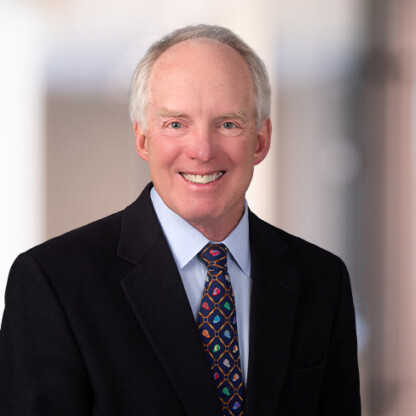Renewable Energy Financing Update: What Has Changed and What Hasn’t in Financing Renewables
16 April 2020
Foley Partner Thomas Hoffmann, member of the firm’s Energy Industry Team, moderated an Infocast webinar on “Renewable Energy Financing Update: What Has Changed and What Hasn’t in Financing Renewables.” He was joined by the following panelists:
- Jeetu Balchandani, Managing Director, Head of Americas and APAC Infrastructure Debt, Blackrock
- Ralph Cho, Co-Head of Power & Infrastructure Finance, North America Investec Group
- Andrew Redinger, Managing Director – Group Head, KeyBank
- Darren Van’t Hof, Managing Director of Environmental Community Capital, U.S. Bank
- Elizabeth Waters, Managing Director, Project Finance – Americas, MUFG
To find out more about this webinar, or to view more of Infocast’s On-Demand Webinars, click here. Note: You may need to login or register to view these materials.
People
Related Insights
26 July 2024
Video
Ten Minute Interview: Art Ownership
Brian Lucareli, director of Foley Private Client Services and co-chair of Foley’s Family Offices group, sits down with Lindsey Birch, associate and member of our Intellectual Property practice group, for a 10-minute interview to discuss art ownership.
26 July 2024
Foley In Fashion
Passing the Torch: Technology in the Opening Ceremony Fashion at the Paris Olympics
With the 2024 Olympic Games set in Paris, France, one of the world’s fashion capitals, athletics and aesthetics collide to take center stage at the much-anticipated opening ceremony.
25 July 2024
Foley In Fashion
SHEIN’s $1.9 Million Data Breach: A Cautionary Tale for Online Fashion Brands
The New York Attorney General fined fast-fashion company, Shein Distribution Corporation, $1.9 million for failing to properly handle a data breach in late 2022.
